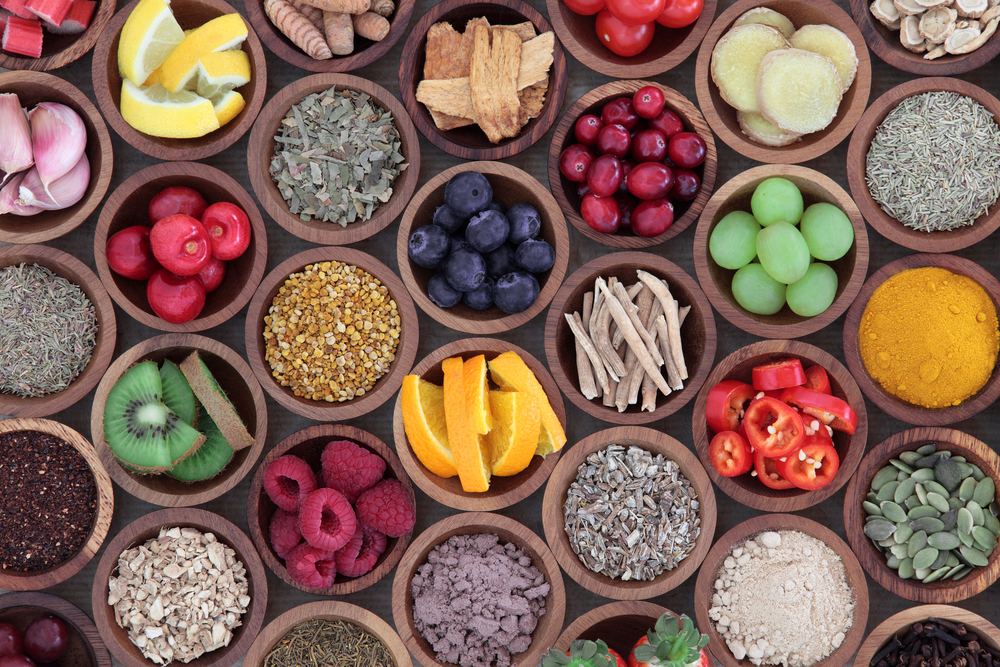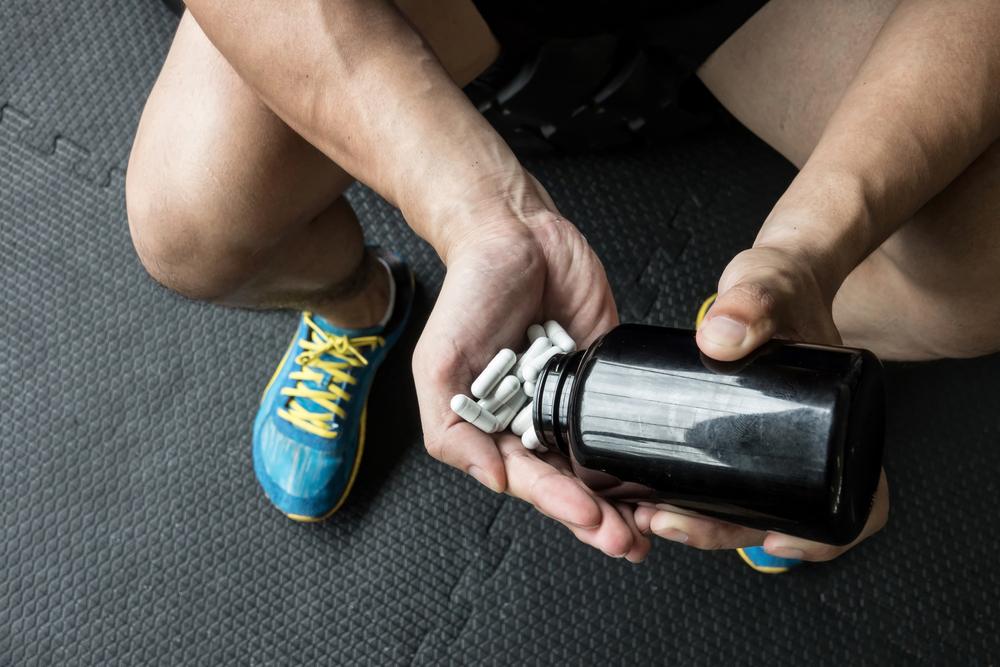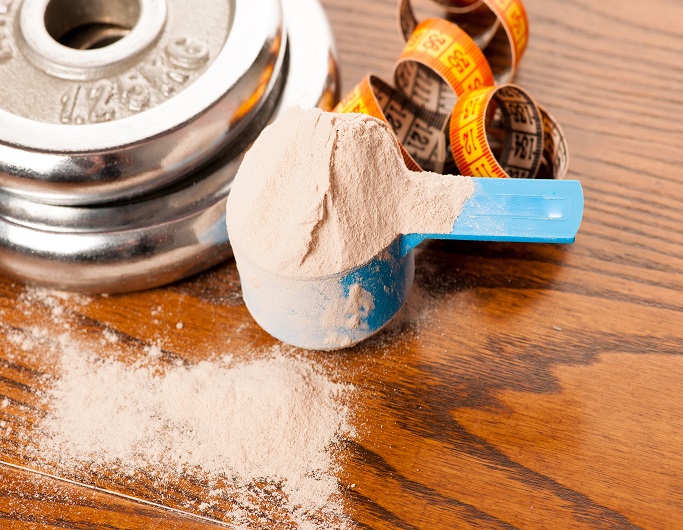
Vitamins And Minerals: 101
We are often inundated with media advertisements relating to the vitamin content of foods or supplements, governmental recommended daily allowances (RDAs) of vitamins and a plethora of other information. These all preach the same message –vitamins and minerals are crucial to health, many people do not get enough vitamins and minerals from their diets and we should consider new ways of consumption. However, beyond a basic understanding that vitamins are important – there appears to be a lack of understanding as to specifically why. This article will provide a quick guide to vitamins and minerals to support those engaged with physical activities and their decisions regarding how, if and why they should boost consumption.
Vitamins and Minerals
 Vitamins and Minerals (V&Ms) are often associated with good overall health. However, they do not provide us with a source of energy and must only be considered as additional to adequate consumption of the macro-nutrients fat, carbohydrate and protein (diet component percentage intake dependent upon goals). It has been proven that V&Ms are crucial for good health and optimum body function, however, excess amounnts have not been proven to improve performance and therefore more is not necessarily better. It is the balance of V&Ms that is crucial for optimal performance. Our bodies are unable to make vitamins and so they must be supplied through diet or supplementation. Unfortunately, the levels of V&Ms required for each person to attain maximum benefit vary upon age, size, activity levels and metabolism, which makes establishing definitively optimal amounts extremely difficult, if not impossible.
Vitamins and Minerals (V&Ms) are often associated with good overall health. However, they do not provide us with a source of energy and must only be considered as additional to adequate consumption of the macro-nutrients fat, carbohydrate and protein (diet component percentage intake dependent upon goals). It has been proven that V&Ms are crucial for good health and optimum body function, however, excess amounnts have not been proven to improve performance and therefore more is not necessarily better. It is the balance of V&Ms that is crucial for optimal performance. Our bodies are unable to make vitamins and so they must be supplied through diet or supplementation. Unfortunately, the levels of V&Ms required for each person to attain maximum benefit vary upon age, size, activity levels and metabolism, which makes establishing definitively optimal amounts extremely difficult, if not impossible.
Should I Supplement with Vitamins & Minerals?
Research estimates that as many as 1 in 3 people in the UK consume V&M supplements. The prime candidates to consider V&M supplementation would fall into one or more of the following groups:
- If you consume less between 1000-1800 calories per day.
- If you consume a lot of processed or fast foods.
- Vegans.
- If you are Anaemic.
- If you have food allergies that prevent a balanced diet.
- Smokers.
- Drinkers.
- Those who are regularly ill or with compromised immune systems.
- If you do not eat regular meals.
Can I Get Enough Vitamins and Minerals Through Diet Alone?
As someone that engages regularly in physical activity you will generally be more conscious of food choices and consume a relatively healthy diet and should be consuming a variety of foods – which deliver a variety of V&Ms. However, those on restricted diets may be compromising their V&M intake. Furthermore, it is important to note that cooking food diminishes V&M profiles and so eating more raw or uncooked foods will help to maximise V&M absorption. Research has indicated that many of those engaged with physical activity do not achieve adequate intake of V&Ms from their diets. Consequently, it may prove beneficial for some to consider V&M supplementation.
Vitamin & Minerals: Summary
- RDAs are guides for an average person – not a physically active person.
- Low V&M intake can adversely impact upon both health and performance.
- Excessive V&M intake above optimal ammounts will not correlate to increased performance.
- Research indicates that physically active people should aim for between 100-1000% of vitamin RDAs but recommends keeping to around 100% of mineral RDAs.






No Comments yet!